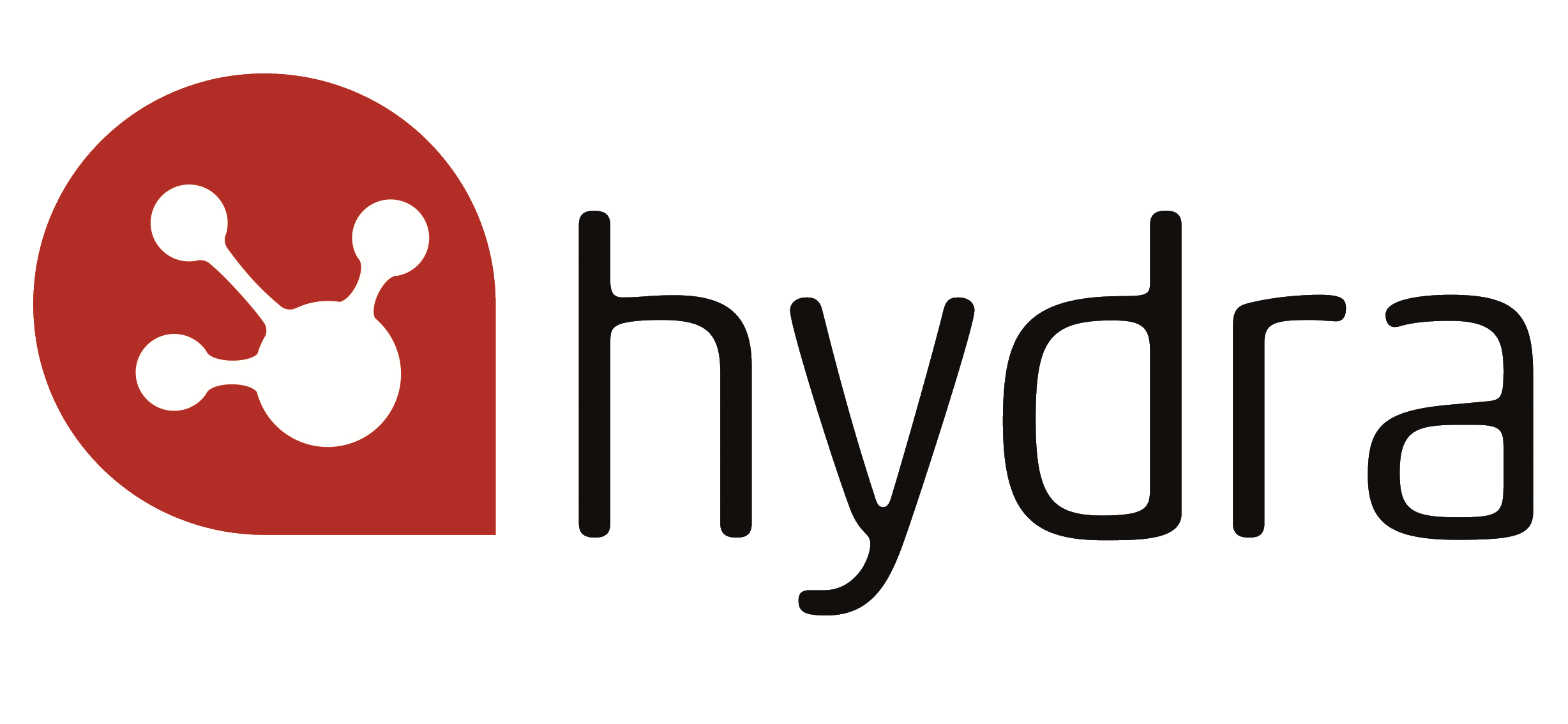AI in project management: is your data AI-ready?
According to Gartner, Inc. AI-derived business value is forecast to reach $3.9 trillion in 2022.With this in mind, this article discusses why getting a grip on your data is such an important part of your organisations AI roadmap, and explores the question is your data AI-ready?
The nature of data
Projects by their very nature, are repeatable processes that involve high volumes of data; anything ever recorded about your project; how to do something, what happened, facts, figures, results etc.
Therefore, if projects themselves rely so heavily on data, it follows that common project management pain points are often just data issues, such as
- Planning and poorly defined benefits and project success criteria;
- The need for constant follow-up and mis-communication;
- Lack of stakeholder engagement;
- Managing project risks and issues;
- Accuracy when estimating to minimise time delays and budget overruns;
- Evaluation and producing status reports using data from multiple sources.
What is data?
Data in a project context is
1. What gives you the knowledge to be able to deliver the project such as
- How it should be done;
- The resources needed;
- The costs;
- The time;
- The risks.
2. All the information produced by the project, such as
- Delivery performance;
- Variance vs estimate;
- Re-works and delays.
Today, project managers have access to a wide range of project metrics to manage, measure, observe and analyse the performance of their projects. A data driven approach and the ability to analyse the performance of a project objectively, and make rational and informed decisions based on the data, is fundamental to the success of your project.
Where is the data?
It can be from many sources; a report, a file, a database, a spreadsheet, a chart etc. which can be anywhere in the world, but according to PMI 2015 90% of organisations knowledge is in people’s heads.
Addressing a way to get the information out of people’s heads and having an effective knowledge transfer plan is also an important part of the journey that some organisations are only just starting out on; according to PMI Pulse of the Profession 2015 only 14% of organisations report being highly effective with knowledge transfer.
What about data storage?
It is an important question to ask “where are we going to store all the data?” Is it down to the individual organisations to store and own the data or in one gigantic data warehouse where data can be accessed by anyone who needs to know, for example, how to construct the bow of a ship? Is it the fear of losing control of the data or the realisation of the benefits of sharing data that outweigh the fears and risks of loss of data control?
Why is the data so important for AI?
- AI can only answer the questions you ask of it, based on the data you have.
- AI can only base those answers on the data it can read.
- AI can only discover repeatable patterns within data, if it’s in a format that it can read;
- For AI to be able to read, and use the vast volumes of data available, the data needs to be structured.
Therefore, until you can start using AI you need to get a grip on your project data:-
- Prepare it;
- Centralise it;
- Standardise it;
- Structure it in a contextualised way;
- Decide where to store it;
- Analyse it;
- Create the algorithms.
A typical AI roadmap for an organisation should start small and could look something like this
- Define your objective;
- Assess your readiness – processes, technology, data, people, knowledge management;
- Determine scope – start simple and look at just one process;
- Select your technology;
- Get a grip on your project data - prepare, centralise, standardise, structure, decide where to store it;
- Analyse and create algorithms;
- Configure your technology to create machine learning;
- Pilot something;
- Deploy the AI to create plans, monitor, manage risk and resourcing for the selected process.
Conclusion
Although AI has been around for a few years now, there is still much do before organisations can use AI.
Organisations who are still using excel spreadsheets to manage their projects face a mammoth task to prepare the data; get it out of people’s heads, prepare it, standardise it, centralise it, structure it in a contextualised way and decide where to store it.
However, organisations using Hydra for their project and resource management are already well-prepared for AI. Why? Because Hydra is AI-ready. Hydra produces a lot of contextual data from projects using its blueprint technology. The data is held centrally and securely in a standardised and structured way and is ready for AI to extract and mine for information.
AI has the potential to revolutionise project management and it will make Project Managers jobs better and faster but before organisations can take full advantage of the technology and its capabilities it is the data that they need to get to grips with.
If you would like to understand how Hydra can help your organisation get your data AI-ready please get in touch or email me at sacha.holmes@hydra.cloud


